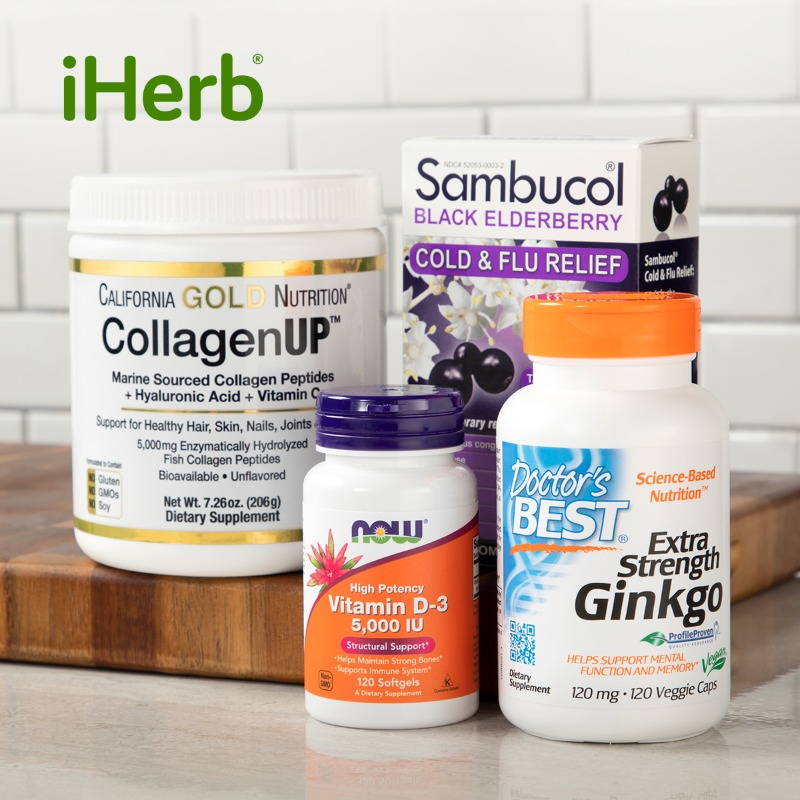NOW Foods, Selenium, 100 mcg, 250 Tablets
Selenium is a trace mineral that plays a vital role in various bodily functions, including immunity, thyroid function, and antioxidant defense. While it is found in many foods, soil depletion and modern agricultural practices have led to lower levels of selenium in crops, making it difficult to obtain sufficient amounts solely through diet. NOW Foods Selenium supplement provides a convenient way to ensure adequate intake of this important nutrient.
NOW Foods, Selenium, 100 mcg, 250 Tablets
Benefits of Selenium
- Supports Immune Function: Selenium is essential for immune function, as it helps to stimulate the production of cytokines and antibodies that fight infections and reduce inflammation. It also supports the function of natural killer cells, which play a critical role in eliminating cancer cells and viruses.
- Protects Against Oxidative Stress: Selenium works as an antioxidant, helping to neutralize harmful free radicals that can damage cells and contribute to chronic diseases such as cancer, heart disease, and Alzheimer’s.
- Promotes Thyroid Health: Selenium is required for the conversion of thyroid hormones T4 to T3, the active form of thyroid hormone. Adequate selenium levels are critical for maintaining optimal thyroid function and preventing thyroid disorders such as hypothyroidism.
How to Use NOW Foods Selenium
NOW Foods Selenium supplement provides 100 mcg of selenium per tablet. It is recommended to take one tablet daily, preferably with food.
Safety Information
Selenium is safe when taken at recommended doses. However, excessive intake of selenium can lead to toxicity, which can cause symptoms such as hair loss, nail brittleness, and gastrointestinal disturbances. The tolerable upper intake level (UL) for selenium is 400 mcg per day for adults. It is important to follow the recommended dosage guidelines and consult with a healthcare professional before taking selenium supplements.
Sources:
- iHerb: https://iherb.co/pTbmJxcz
- Rayman, M. P. (2012). Selenium and human health. The Lancet, 379(9822), 1256-1268.
- Schomburg, L., & Schweizer, U. (2016). Hierarchical regulation of selenium incorporation into selenoproteins–Tissue selenium levels and selenoprotein expression in adults: a critical review. Biochimica et Biophysica Acta (BBA)-General Subjects, 1860(11), 1486-1497.
- National Institutes of Health. (2021). Selenium: Fact Sheet for Health Professionals. https://ods.od.nih.gov/factsheets/Selenium-HealthProfessional/







